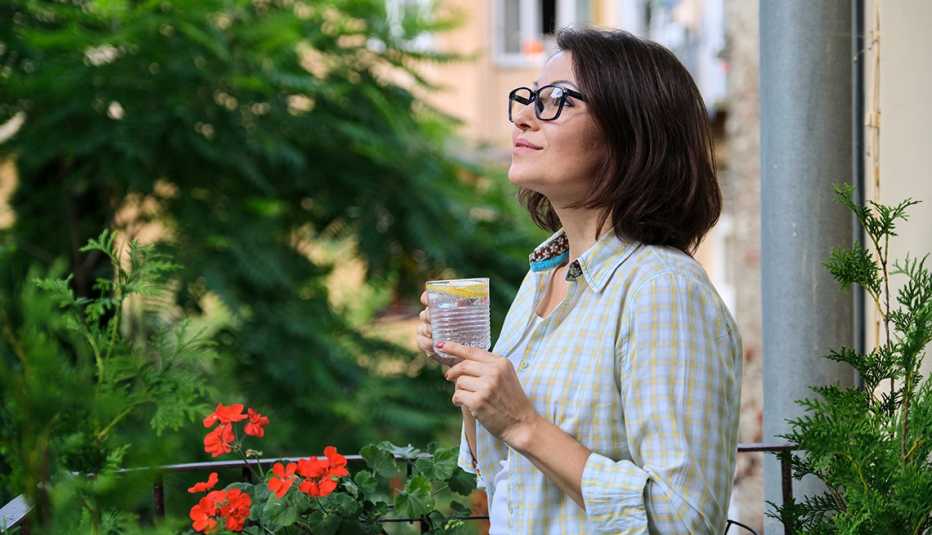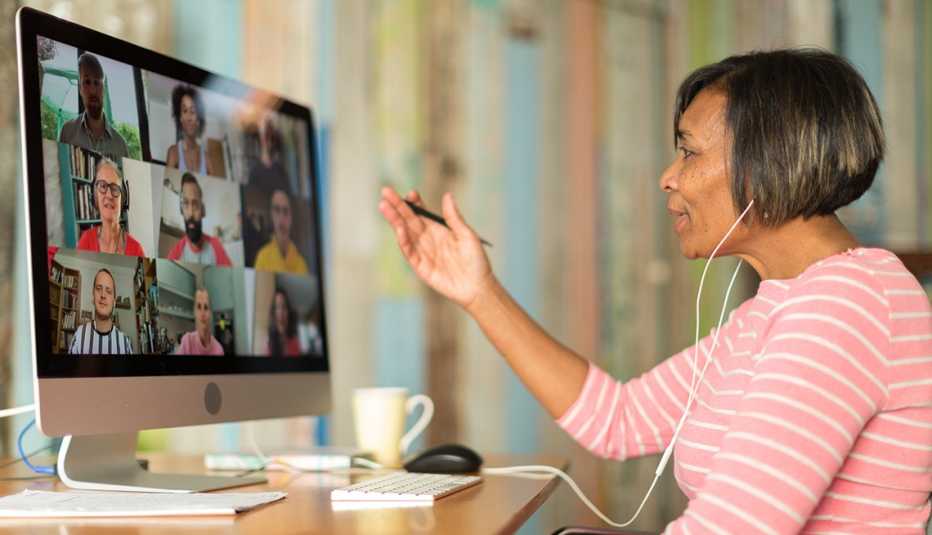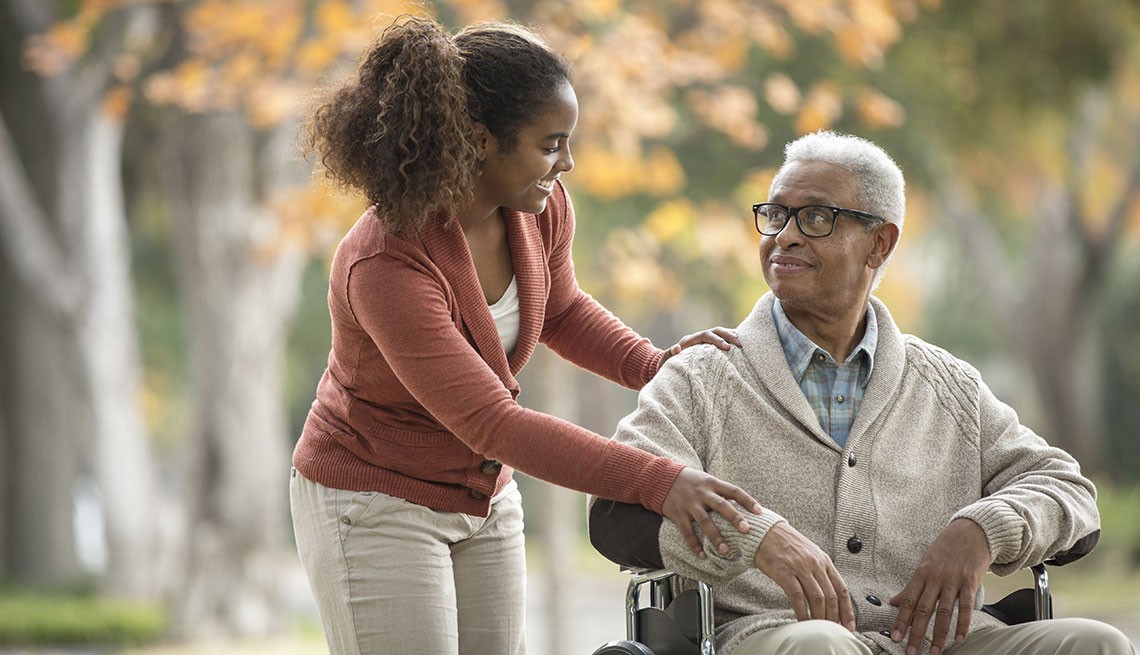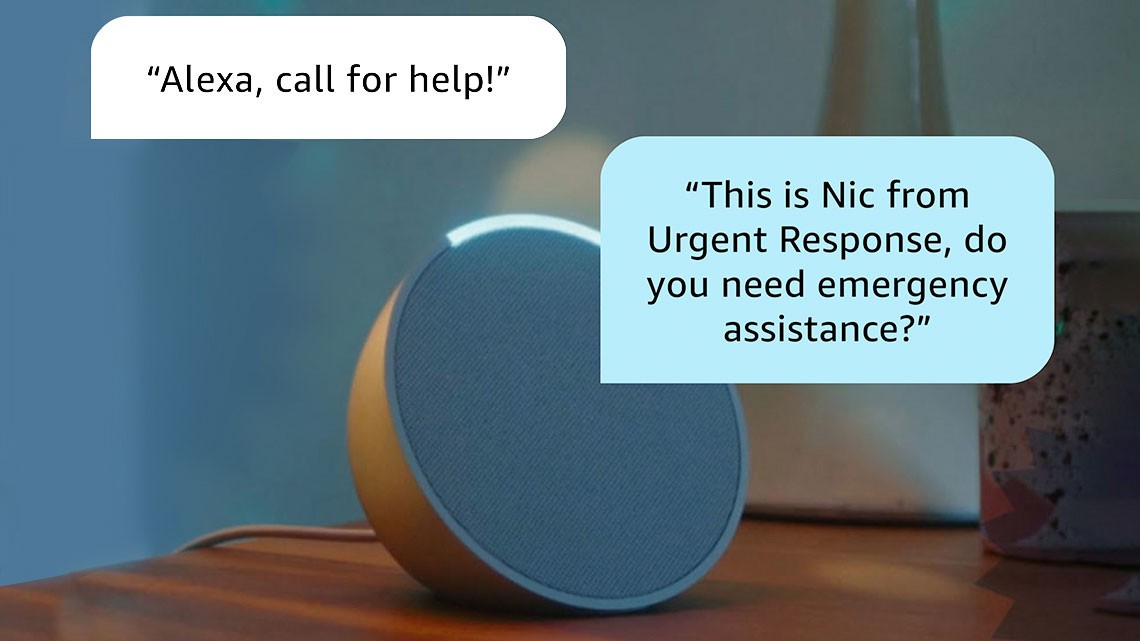Staying Fit
For the past 18 months — since COVID-19 shut down offices nationwide — Michail Sklansky has been a caregiver for his two 90-something parents.
But after being let go temporarily from his part-time job as editorial coordinator for the Los Angeles Philharmonic, the 63-year-old is about to go back to work at the orchestra and may need to let Jewish Family Service LA pick up more of the needed caregiving responsibilities for his folks.


AARP Membership— $12 for your first year when you sign up for Automatic Renewal
Get instant access to members-only products and hundreds of discounts, a free second membership, and a subscription to AARP the Magazine.
He's lucky. For the time being, the Philharmonic is allowing him to continue to work from home. But he knows that could change — and his life will get complicated if it does. His dad has a serious heart condition, advanced dementia and hearing loss; his mom has vertigo.
Sklansky's feelings of unease are common. A new AARP study, “Working Caregivers’ Concerns and Desires in a Post-Pandemic Workplace,” finds that the majority of working family caregivers surveyed say the great strain of the COVID-19 pandemic has increased their levels of stress, especially now with many workplaces reopening.

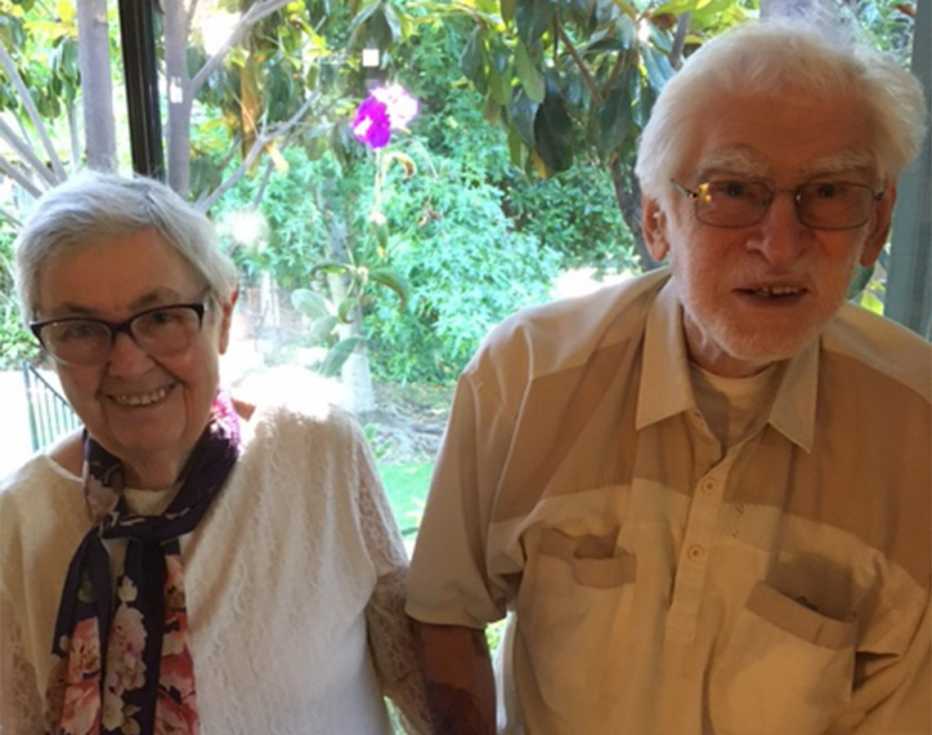
Renewed fear, stressors
"As caregivers go back to the office, they have a new set of stresses to deal with,” agrees Bob Stephen, AARP vice president of caregiving and health.
These new concerns are varied, and many focus on how their loved ones will suddenly fare without their family caregiver in easy eyeshot or earshot. For all the illness and devastation COVID-19 brought about, it had one positive effect: It shook up the way many employers view telework and made them much more responsive, if not sympathetic, to family caregiving.






























































